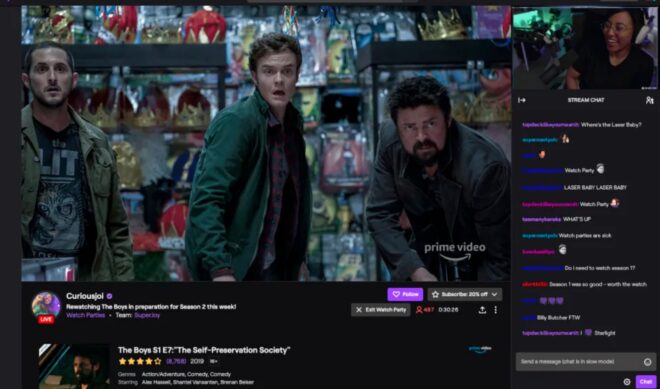As college students across America rally in support of the Palestinian people, digital channels are serving as prominent mouthpieces for the protestors. Rather than turning to traditional media outlets, many observers are getting updates from platforms like Twitch and YouTube Shorts, where creators are employing novel tactics to spread the news.
The campus protests, which have criticized Israel’s actions in Gaza and the United States government’s role in the conflict, have led to clashes between demonstrators and law enforcement officers. Much of the turmoil has been broadcast live on Twitch, where streamers like CapriSunnPapi and Bret Hamilton have delivered inside looks and interviews with young organizers.
A Washington Post article on those streamers traces the phenomenon of Twitch organizing to Hasan Piker, a.k.a. HasanAbi, who runs one of the most-followed and longest-running news accounts on Twitch. Piker told the Post that young viewers trust streamers because they make an effort to hear from campus leaders. “[The media] loves talking to PR people when it comes to corporations,” Piker said. “They have no problem talking to the media liaison when it comes to the NYPD or the LAPD and writing down everything they say without even asking remotely contentious questions. But when it comes to students, they don’t treat these students as an organized entity at all.”

Subscribe to get the latest creator news
On platforms other than Twitch, Palestinian sympathizers are gaming the system to get noticed. A channel called Woke Karen (pictured above) has paired updates related to anti-Israel organizing with half-hearted commentary on popular cooking videos. The presence of cooking clips helps him get views; his fast-paced and thoroughly-researched discourse gets people talking.
All of these examples lead us to an interesting question: If short-form video is a hotbed of anti-establishment rhetoric, did that trend influence the U.S. government’s decision to regulate TikTok? At least one Senator thinks so. At a recent forum in Arizona, former presidential candidate Mitt Romney said that the large number of pro-Palestinian posts on TikTok factored into Congress’ plans.
“Some wonder why there was such overwhelming support for us to shut down potentially TikTok or other entities of that nature,” Romney said. “If you look at the postings on TikTok and the number of mentions of Palestinians, relative to other social media sites — it’s overwhelmingly so among TikTok broadcasts.”
The connections between Palestinian solidarity movements on college campuses and the recently passed TikTok divestment law is yet another example of the generational chasm in the online video world. Young users see these platforms very differently from their older counterparts, and the violence in Gaza is throwing that contrast into sharp relief.














